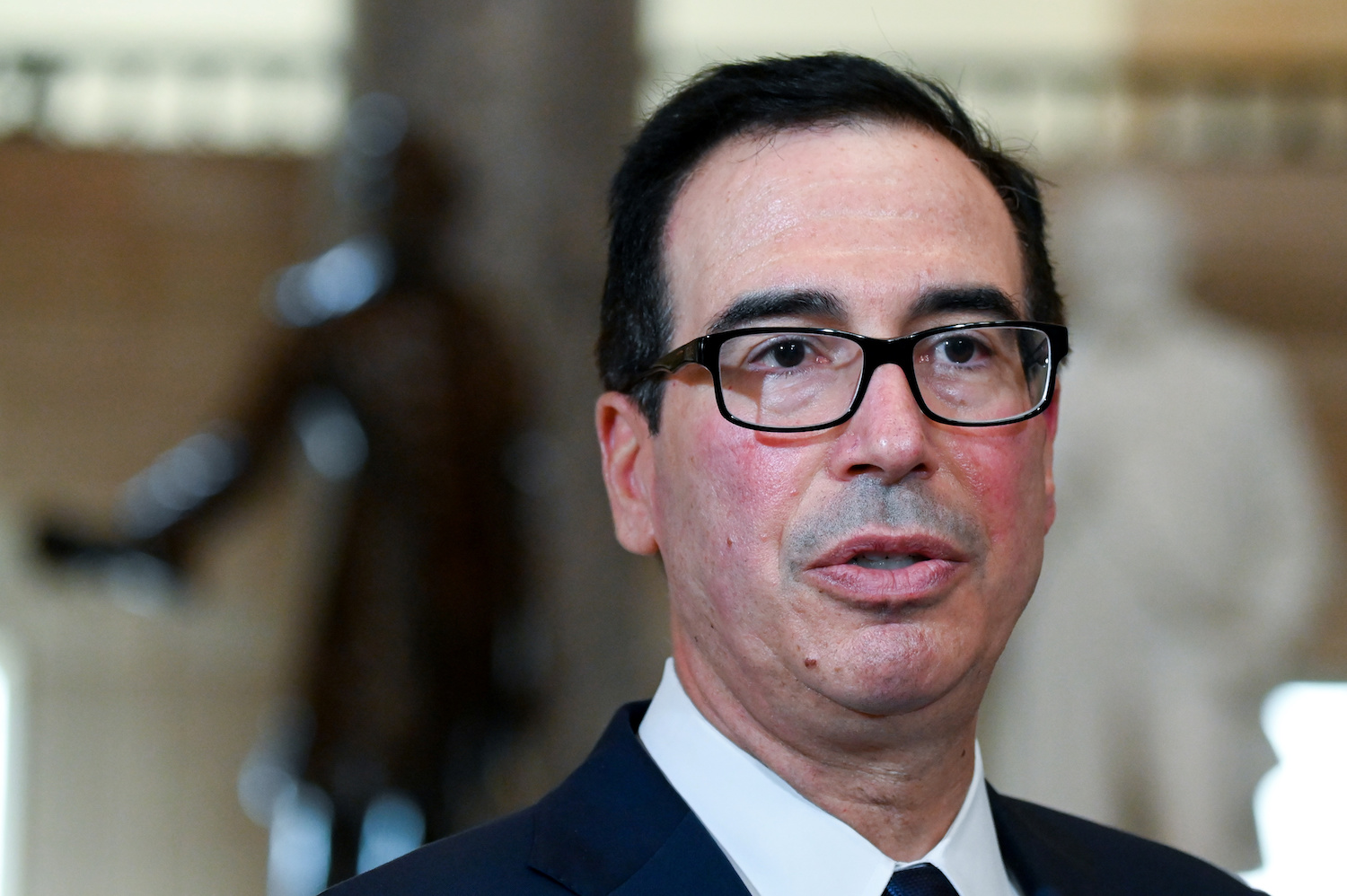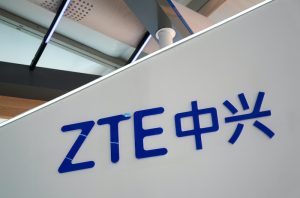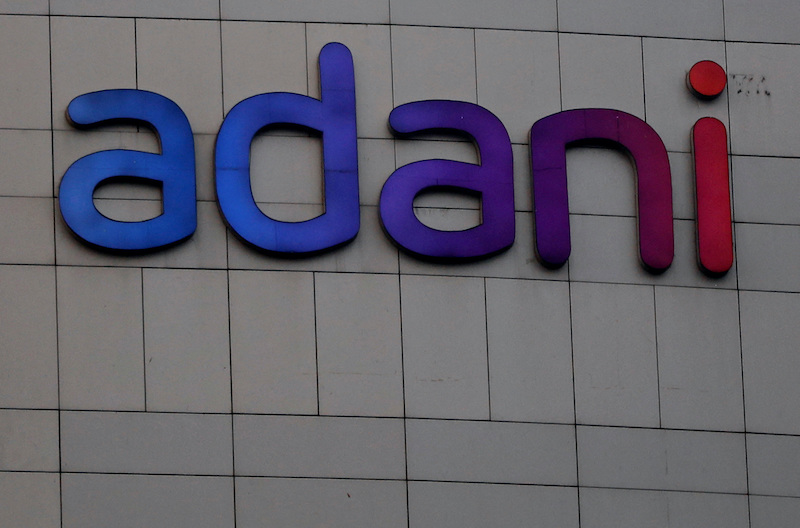(ATF) Treasury Secretary Steve Mnuchin has prevailed in his bid to stop Alibaba, Baidu and Tencent being added to a blacklist of firms with Chinese military links, according to news reports on Wednesday January 13.
Mnuchin won a battle within the Trump administration against Secretary of State Mike Pompeo and Pentagon officials who had been pushing for a ban on US investments in Chinese military-linked firms to include some of China’s biggest technology companies.
Trump and his officials leave office next week, but the ban will have consequences that outlast the administration – by forcing President Biden to decide whether to risk looking too accommodating towards China by relaxing restrictions, while exchanges, index providers and major US banks have already been forced into policy contortions to try to avoid potential breaches of incoming rules.
As many as nine other Chinese companies may soon be added to the names already listed for the military-linked ban, but the reprieve for the three technology giants that are major components of global equity indices will be a relief for investors across different regions.
Alibaba will also welcome a rare piece of good news after being rocked by an anti-monopoly probe in China and intense political pressure that has been accompanied by the disappearance its founder Jack Ma, who has not been seen in public for at two months or more.
Big bond issue
Western bankers and investors had begun to work on the assumption that a jumbo US dollar bond of $5 billion to $8 billion that had been planned by Alibaba to improve confidence and address concerns about its access to funding might have to be shelved.
Alibaba and its advisers might still feel that any debt issue should wait until Biden is safely installed in the White House and hope for signs of a thaw in US-Chinese relations, but today’s reprieve may help to keep plans for a jumbo bond alive.
However, the news will not end twists and turns for financial services providers related to Chinese firms.
China’s top chipmaker SMIC and oil company CNOOC are on the blacklist, as are three Chinese telecom firms that have seen bewildering shifts in policy, such as a reversals of proposals for them to be delisted by the New York Stock Exchange.
Alibaba, Baidu and Tencent are much bigger than the three telecom firms and do not rely on US markets for liquidity in their shares, but any movement in less liquid US-listed securities can move their equity prices on other exchanges.
And the alarm generated by a move at the weekend by Goldman Sachs, JPMorgan and Morgan Stanley to remove around 500 structured products from listing in Hong Kong, because of concern about the impact of US rules on Chinese companies, highlights the knock-on effects on markets.
Steve Mnuchin’s main antagonist in the battle over whether to blacklist Alibaba, Baidu and Tencent was Mike Pompeo, the belligerent outgoing Secretary of State.
Mnuchin’s victory may also have been helped by the resignation of deputy national security adviser Matt Pottinger after the riot at the Capitol building in Washington last week. Pottinger is a China expert whose hawkish views often prevailed in internal debates within the Trump administration.
The infighting in the Biden administration may not be as dramatic as in the last days of the Trump White House, but the views of key advisers will still be keenly watched for any signals of policy changes that affect US/China relations – and markets.
Biden is appointing Kurt Campbell as ‘Asia tsar’ to help to coordinate policy in the region, which might help to establish a consensus among advisers.
Campbell is a former Obama administration official who is close to Biden’s choice as next Secretary of State, Antony Blinken.
Campbell is married to Lael Brainard, a Federal Reserve governor who was a candidate to be the next Treasury Secretary, before Biden decided to appoint Janet Yellen to the role.
ALSO SEE:
- China strikes back over ‘unjustified’ foreign laws
- Trump China delisting impact hits structured products of US banks
- China telecoms lose billions after MSCI, FTSE Russell confirm cuts
- US publishes list of Chinese firms to face limits for military links
- FTSE Russell indexes poised to axe more China firms
- China’s SMIC removal from FTSE Russell indices confirmed
- China threatens rare earths blacklist as trade war expands
























